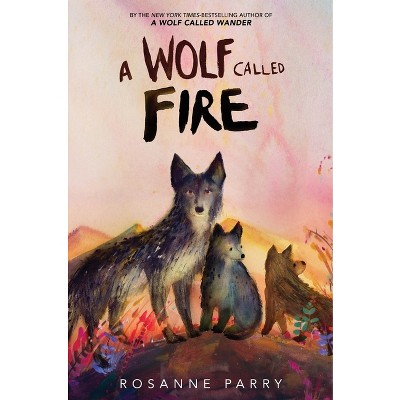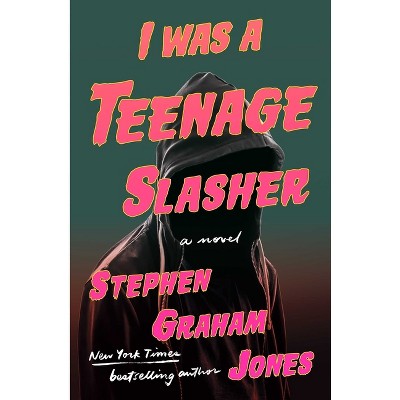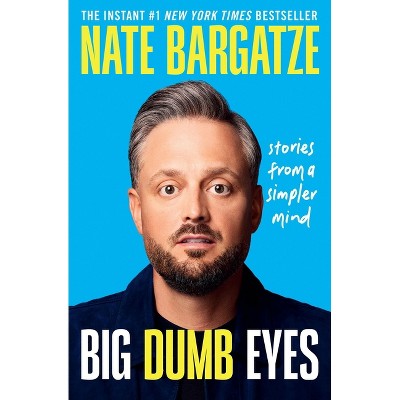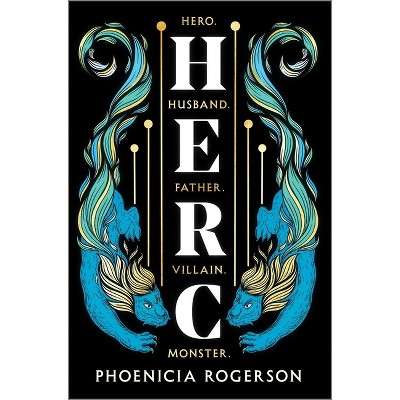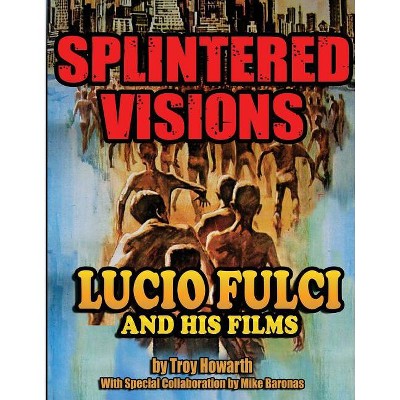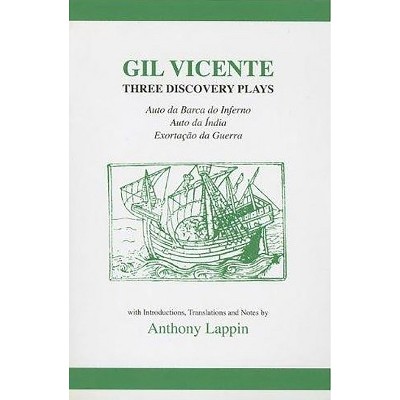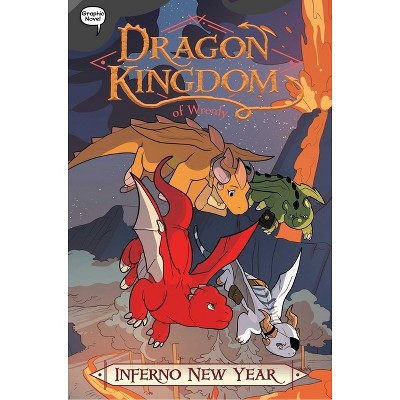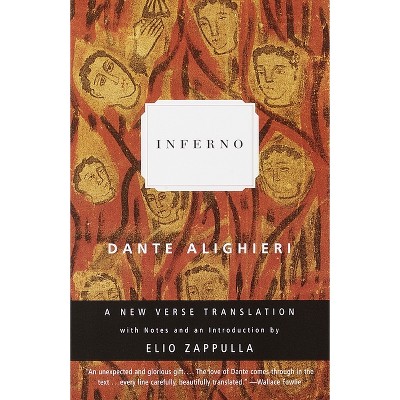About this item
Highlights
- Italian director Lucio Fulci garnered an international cult following for his horror and giallo films--especially his zombie horror cycle of the late 1970s and early 1980s, films that were censored and censured by moral guardians around the world and were prosecuted in the UK as part of the "Video Nasties" controversy.
- About the Author: Matt Rogerson lives in Manchester, United Kingdom, where he works in health research.
- 120 Pages
- Performing Arts, Film
Description
About the Book
""Italian director Lucio Fulci garnered an international cult following for his horror and giallo films. He is perhaps most well-known for his zombie horror cycle of the late 1970s-early 1980s, films that were censored and censured by moral guardians around the world and were prosecuted in the UK as part of the 'Video Nasties' controversy. There is, however, much more to Fulci, his filmography, and his legacy on the horror genre. In his home country, Fulci worked across a number of genres (including comedy and satire, western, historical drama and family adventure) and regularly criticized the Church and State through his films. The director weaved a faith-based narrative across his career, from his earliest credits as a screenwriter and assistant director in the 1950s to his very final films as director in the 1990s. This book analyzes the tenets and iconography of Fulci's Roman Catholic faith across key films in his filmography, plotting an apostate's journey through his art in the vein of many celebrated Italian artists that went before him. The volume also considers how exploring his faith and apostasy through his films led Fulci to develop an entirely new storytelling mechanism which has influenced genre directors ever since."-Provided by publisher"-- Provided by publisher.Book Synopsis
Italian director Lucio Fulci garnered an international cult following for his horror and giallo films--especially his zombie horror cycle of the late 1970s and early 1980s, films that were censored and censured by moral guardians around the world and were prosecuted in the UK as part of the "Video Nasties" controversy.
There is, however, much more to Fulci, his filmography, and his legacy. In his home country, Fulci worked across a number of genres (including comedy and satire, western, historical drama and family adventure) and regularly criticized the Church and state through his films. The director wove a faith-based narrative from his earliest credits as a screenwriter and assistant director in the 1950s to his final films as director in the 1990s.
This book analyzes how the tenets and iconography of Fulci's Roman Catholic faith appear in his films, plotting an apostate's journey through his art in the vein of celebrated Italian artists before him. The volume also considers how exploring his faith and apostasy through his films led Fulci to develop an entirely new storytelling mechanism which has influenced genre directors ever since.
About the Author
Matt Rogerson lives in Manchester, United Kingdom, where he works in health research. A PAGE International Screenwriting Awards finalist and film critique writer specializing in Italian genre film, his writing has featured in home video releases for Arrow Video, Severin Films, and Umbrella Entertainment, and he has given lectures for Miskatonic Institute of Horror Studies.Shipping details
Return details
Trending Book Pre-Orders



